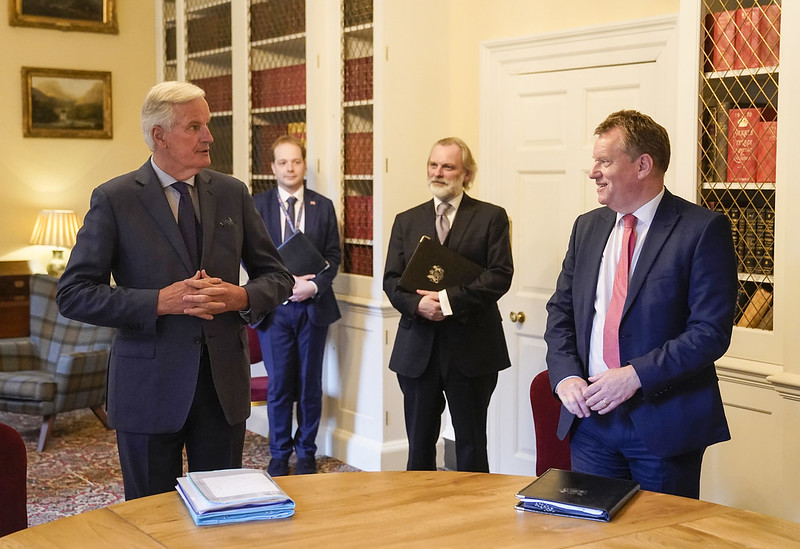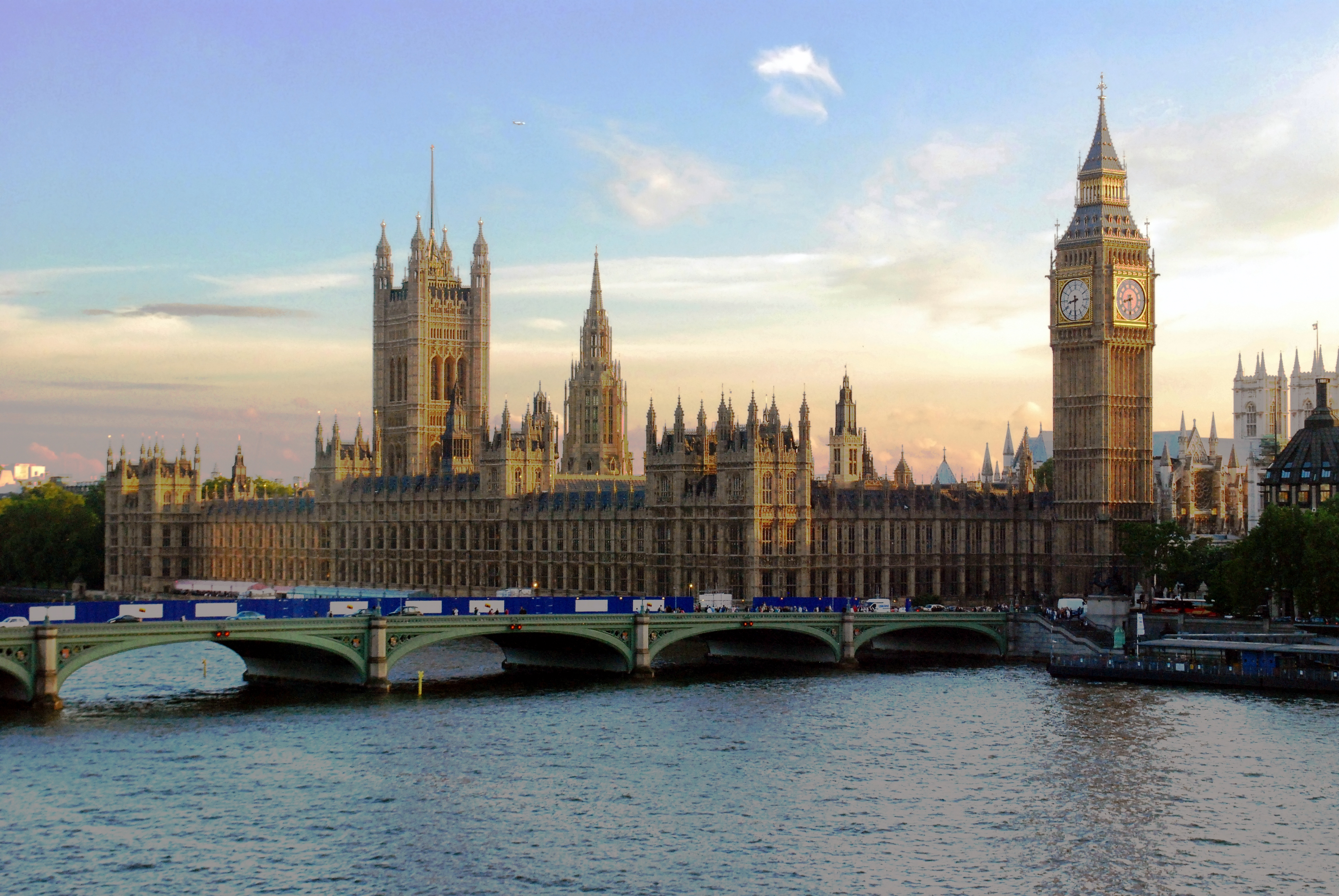Words by Jake Nordland
Four years, three prime ministers and two general elections later, Britain is still grappling with the consequences of the country’s most comprehensive constitutional reform in its recent history. The onset of further discord between the UK and EU has once again thrust Brexit back into the limelight.
Ahead of the transition period ending in December, the Government is seeking to amend the agreed terms of departure. In a move that could see a breach of international law, the proposed bill modifies the Withdrawal Agreement and purports to ‘clarify’ the Northern Ireland Protocol.
The Protocol is an agreement that commits to regulatory checks on goods passing to Northern Ireland from the rest of the UK. It is designed as a fall-back to avoid a land border between Northern Ireland and Ireland (who remain in the EU), amidst fears of endangering the Good Friday Agreement.
Agreed by Mr Johnson with the EU in January, the arrangement in effect erects a regulatory border in the Irish sea but stipulates that some goods will be exempt from checks. Northern Ireland would continue to follow some EU regulations under the agreement. Mr Johnson’s new plans would give the UK sweeping powers to modify or ‘disapply’ the Protocol’s new regulatory rules on goods crossing the Irish sea – even if it contravenes international law.

The move shocked EU ministers, who strongly condemned it as a provocation in an already tense relationship. The European Commission requested an emergency meeting about the bill after government Ministers themselves admitted in Parliament that the plans break international law. The EU has issued an ultimatum demanding the UK abandon the bill by the end of the month or risk legal action and an end to trade deal negotiations.
The Prime Minister has defended the changes as necessary amendments that “ensure the integrity of the UK internal market” and clear up ambiguities in the Withdrawal Agreement – despite calling it ‘oven-ready’ throughout the 2019 general election.
Mr Johnson’s spokesperson said the new bill would provide a safety net to prevent the ‘damaging default position’ of inter-UK tariffs should no deal be agreed.
Domestic and international pressure has mounted against the plans. Numerous prominent figures, including former PMs Tony Blair and Sir John Major, have condemned the proposal, warning it risks ruining the UK’s reputation for honouring promises and upholding international law.
Opposition leader Sir Keir Starmer called the plans ‘wrong’, and European Commission president Ursula von der Leyen tweeted that it undermines trust and incites deep concern.
Talks had already started stalling before the move, with negotiators reaching an impasse on several key issues. Talks will continue until the arranged December deadline, after which the transition period will end with or without a deal.

